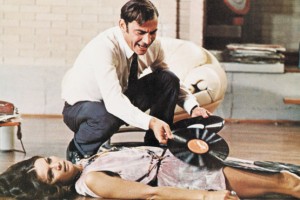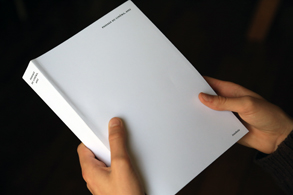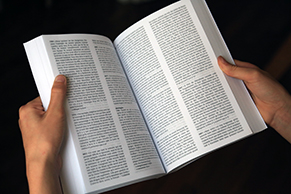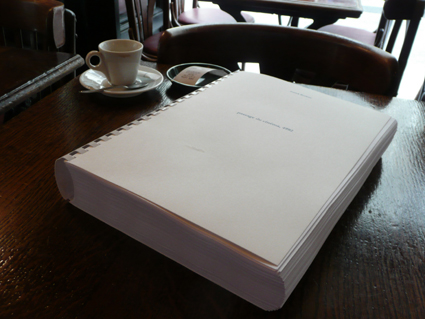En movimiento: When Context Changes Content
Written in January 2014 for my 34th bimonthly En movimiento column for Caiman Cuadernos de Cine. — J.R.
Film history can be regarded as a succession of encounters between viewers and films in which particular conditions and contexts (pedagogical, historical, ideological, cultural, and/or circumstantial) tend to shape and even determine the content of what’s seen as well as ignored. This produces many striking discrepancies and disparities when one shifts from one national culture to another.
Almost half a century passed between the time I saw my first Elio Petri film (The 10th Victim, 1965) and the time I saw my second (Investigation of a Citizen Above Suspicion, 1970), the latter occasioned by a recent DVD and Blu-Ray release by Criterion. I’m sure that many of the reasons for this are haphazard and without any particular significance. But a feature-length documentary about Petri (1929-1982) included in the Criterion release, revealing that he was a member of the Italian Communist party who consciously avoided making films that would type-cast him as an arthouse director, makes me realize that, as an American — even one who was living in Paris when Investigation came out — I was unconsciously affected by a Cold War context that kept most of Petri’s later films invisible to me. Read more





